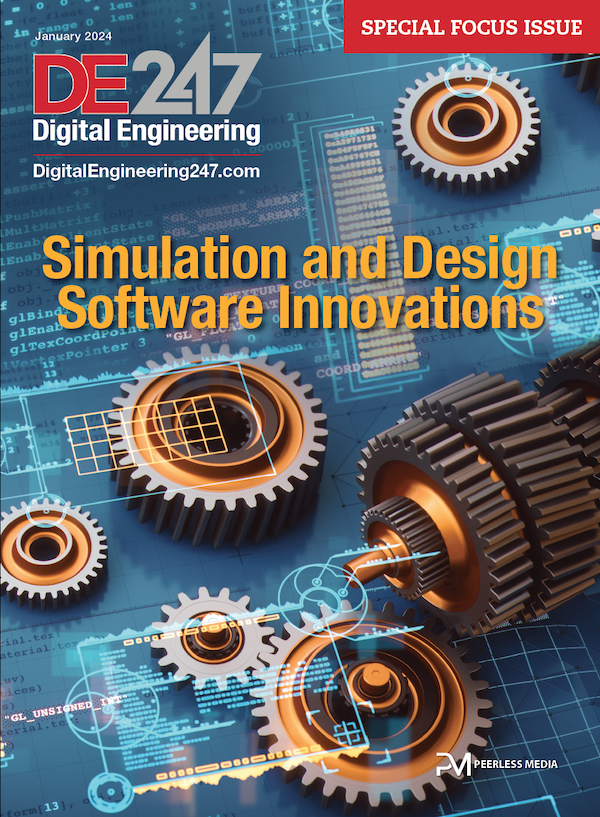Latest News
March 13, 2017
Mentor Graphics Corporation has released its new Xpedition vibration and acceleration simulation product for printed circuit board (PCB) systems reliability and failure prediction. The Mentor Graphics Xpedition product augments mechanical analysis and physical testing by introducing virtual accelerated lifecycle testing much earlier in the design process. This PCB-design-specific vibration and acceleration simulation solution targets products where harsh environments can compromise product performance and reliability, including the military, aerospace, automotive and industrial markets.
Bridging mechanical and electronic design disciplines, the Xpedition product provides vibration simulation significantly faster than any existing method. This results in increased test coverage and shortened design cycles to ensure product reliability and faster time to market.
The Xpedition component modeling library is comprised of over 4,000 unique 3D solid models used to create highly defined parts for simulation. The 3D library allows users to easily match geometries to their 2D cell database. Designers can assemble the parts models on board and automatically mesh them for performance analysis, including stiffeners and mechanical parts. The system modeling tool is ultra-fast since it can model over 1,000 components per minute.
The Xpedition technology provides an easy-to-use, automated environment leveraging a finite-elements engine developed for quick, accurate analyses. Unlike other tools, the technology is optimized for the PCB layout designer, enabling simulation and improved redesign at the desktop. The pre-processor and wizard allow users to set-up simulation in quickly and easily, according to the company. The post-processor technology lets designers see high-failure-probability components and analyze boundary conditions, material properties and environment profiles.
“Extending the virtual prototyping capabilities can be an important way to mitigate risk associated with product performance and reliability. Simulation capabilities such as what is available in Mentor’s Xpedition, can help companies catch problems earlier to improve quality, while saving time and cost by reducing physical tests,” says Michelle Boucher, vice president of research, Tech-Clarity.
The Xpedition product can also perform acceleration stress simulation for specialized applications. This feature provides safety factor simulation for constant acceleration conditions, pin-level Von-Mises stress, detailed stress and deformation plots, and three- axes user-defined force vector (X, Y, Z) simulation.
“Our new and patented Xpedition technology serves the PCB systems design community with an automated, fast, easy-to-use solution that simulates vibration in accelerated life cycle conditions. This enables customers to quickly identify performance issues before products are committed to prototype and manufacture, thus saving time and cost while ensuring end-product reliability,” says AJ Incorvaia, vice president and general manager of Mentor Graphics Board Systems Division.
Key Features of Xpedition vibration and acceleration solution include:
- Simulate during the design process to determine PCB reliability and reduce field failure rates.
- Detect components on the threshold of failure that could be missed during physical testing.
- Analyze pin-level Von-Mises stress and deformation to determine failure probability and safety factors.
- Automated simulation setup, significantly faster than existing methods.
Sources: Press materials received from the company
Subscribe to our FREE magazine, FREE email newsletters or both!
Latest News






